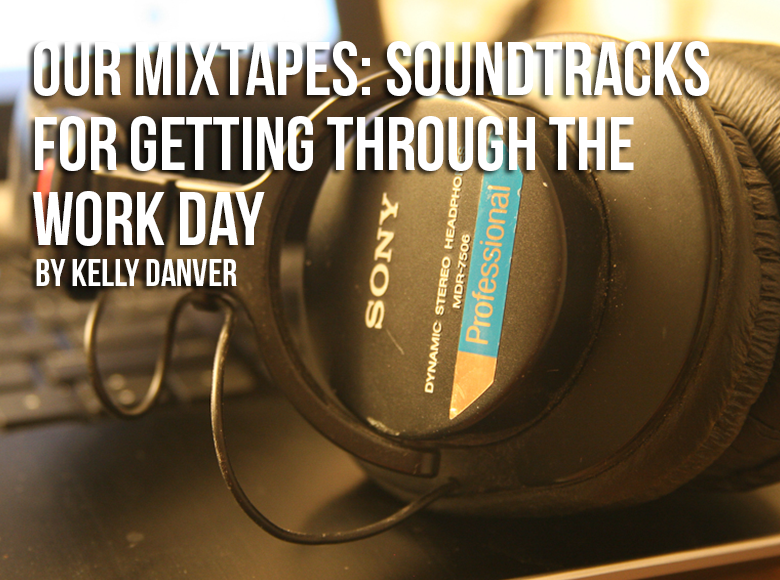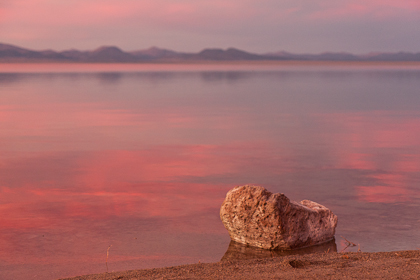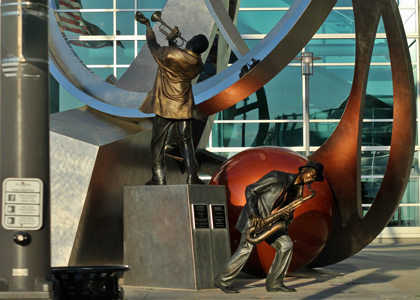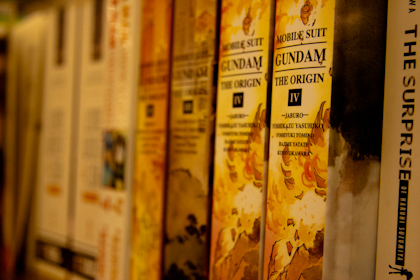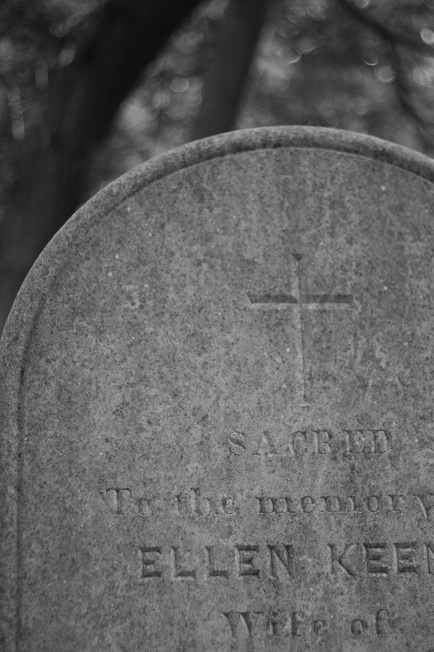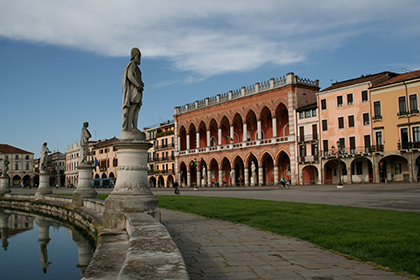As the media is apt to tell us, we are living in a digital age where information is reduced to tiny pixels to be uploaded to a computer or social media site. That might be an overly detached way to put it, as the digital sharing we do every day truly can connect us to people we would never expect. We take pictures and video with our phones, and since technology has gotten so advanced, these are usually perfectly adequate for our social media needs. But for those who want to take their digital sharing to the next step (filming or taking high-quality photos and videos), there are a multitude of options available.
The Casual Photo Journalist
Smartphones these days take quality photos and can be a good replacement for a digital camera, but pictures take up a lot of memory—if you want to take a lot of pictures as well as short videos, investing in a point-and-shoot camera is the way to go. A point-and-shoot camera is exactly what its name implies: a camera where you can point it at something and take a decent photo with no adjustments needed. This kind of camera is perfect for those who don’t know or don’t care about the anatomy of a picture and just want to capture memories. These cameras can store up to 500 pictures at a time—sometimes more—and can record videos as long as 20 minutes. They are also getting smaller with better battery life and more memory space, making them the perfect travel companions. They are also great for kids who are just starting to use more sophisticated technology.
Some of the more highly rated point-and-shoot cameras out there include:
- Canon PowerShot A-Series – This is a series of point-and-shoot cameras that range in price and power but provide an easy experience.
- Nikon Coolpix Series – This series has a number of cameras under $100 with a variety of zoom ranges and different settings for taking pictures.
What you’ll find with a lot of these smaller cameras is that they are super easy to use. They have a lot of options for how to take your pictures or video without sacrificing too much quality, but the camera will always control how much light or focus the picture has. If you want to get more creative, you might want to invest in some of these bad boys below!
The Not-So-Amateur Photographer
For those who really want to dig into photography and experiment with light, zoom, focus, and a whole bunch of other variables, then investing in a DSLR is the way to go. A Digital Single-Lens Reflex (DSLR) camera is a fancy way of saying a powerful digital camera. These cameras pack a lot of punch.
First, their memory storage is phenomenal. Most of these cameras can have memory cards that hold at least 1500 pictures. You also get to control the operating parts of the camera, such as the shutter (which controls how much light goes in) and the shutter speed (which controls how long the shutter stays open to let light in). You can do some fun things with the focus of your pictures, as well as with the light. Now, if none of this makes sense to you but you want to use these more advanced cameras, doing some research or taking a short photography course (from an online learning site like Lynda.com or at a local community center) will definitely help you get the most out of your equipment.
There is some rivalry between the Canon and Nikon camps, but honestly, they are both super good at making cameras and it’s really a personal preference. This author is partial to Nikon, but that was after months of research and examination of my personal needs (as I write this, my Canon-adoring editor overlords are plotting their revenge!).
- Nikon D Series – Nikon’s DSLR cameras range from the monster D4s, which have the ability to use 16 million pixels in one picture, to the modest D3000, a model that is perfect if you are just starting out using a DSLR.
- Canon EOS series – These cameras, much like the Nikons mentioned above, have a wide range between each camera. The Canon 1D X has 18.1 megapixels and have a few less advanced models that is good for those who don’t need such a powerful camera.
With each DSLR, you need a few lenses to get the best quality photos. Unless you want to get crazy, a standard zoom and a telephoto lens work just fine. There are a few others that specialize in zoom or have a fish-eye, but those have a very specific purpose and may not worth the money unless you are seriously making a career out of taking pictures or you want to take those kinds of photos all the time.
The power of these cameras is unreal. In fact, they are so powerful that some people in Hollywood are using DSLR cameras to film small budget films and music videos—that’s the kind of quality we are talking about. So if you want to make photography a serious priority or hobby, I would look into DSLRs. I got my Nikon D5000 for my high school graduation and have used it on multiple trips, including my year abroad in Europe, and it was a fantastic experience. That said, my friends with regular point-and-shoot cameras also got some quality photos.
Overall, I would assess your needs, consider the amount of upkeep and effort you want to exert, do some research, and ask questions! Cameras are a great investment and can help preserve some of the best times. So make sure you’re using quality technology!
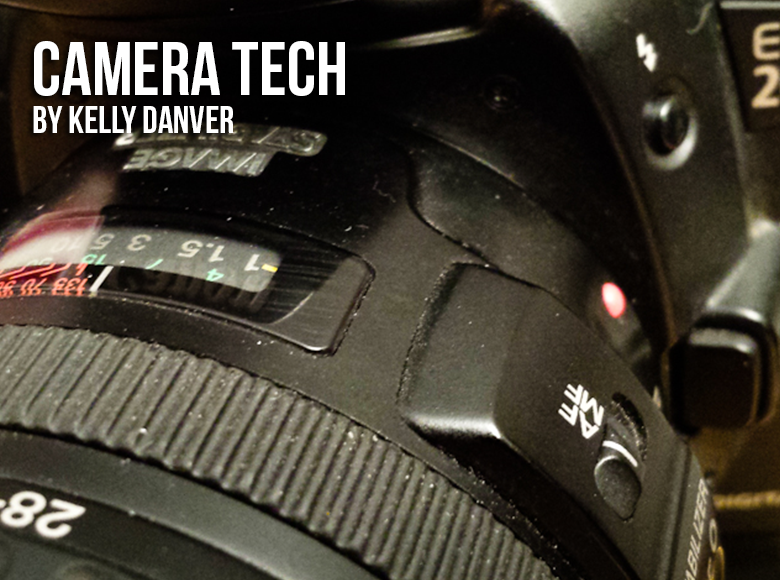
Photo by Rob Adams
